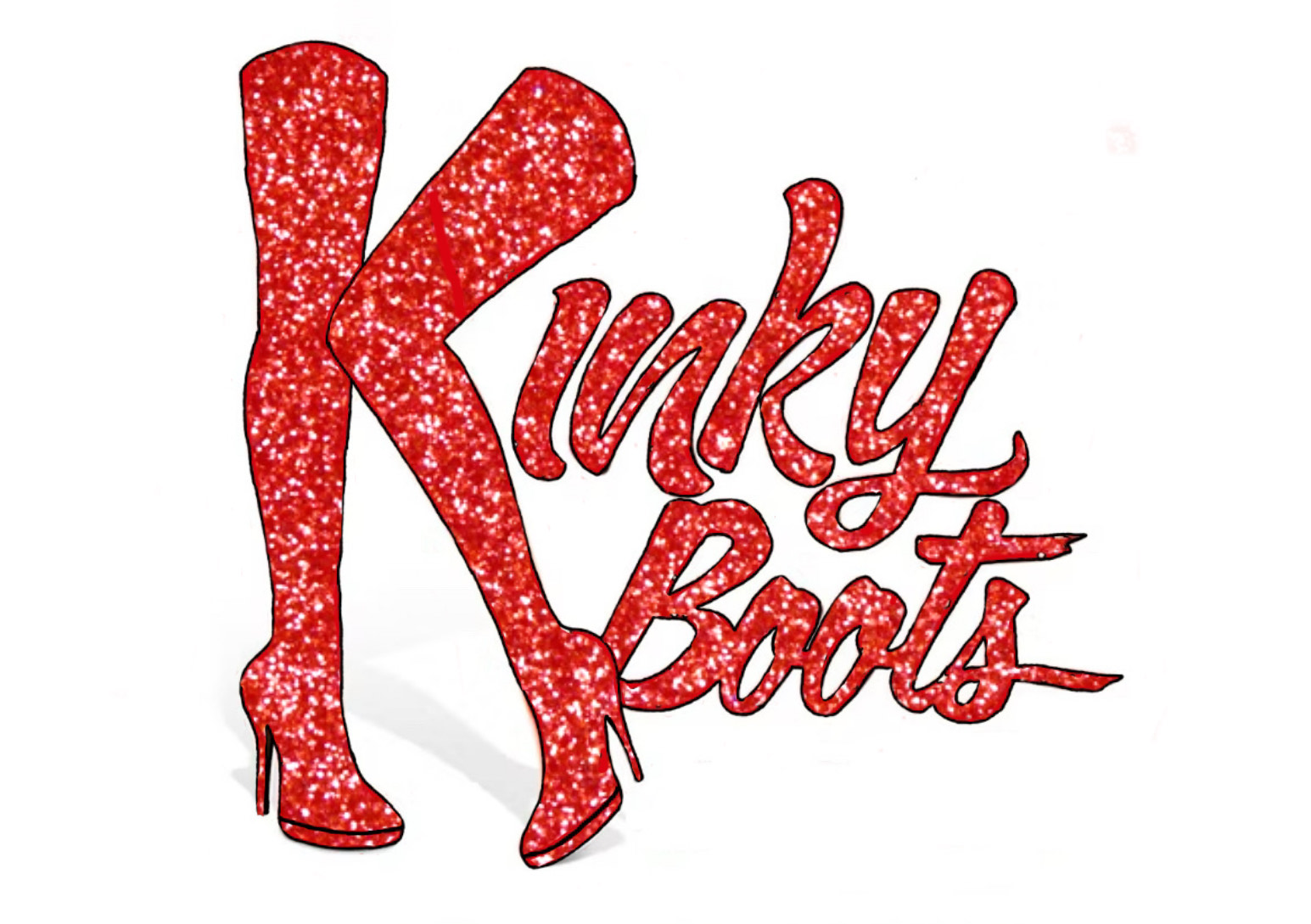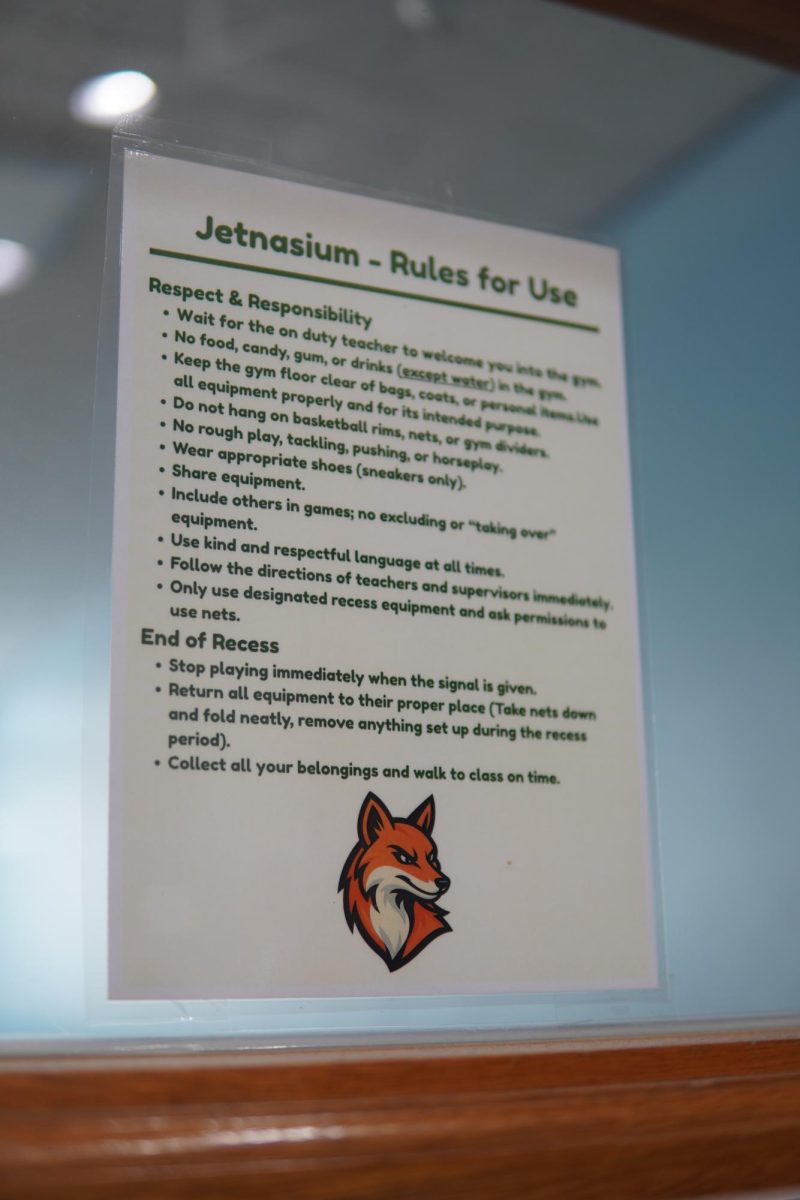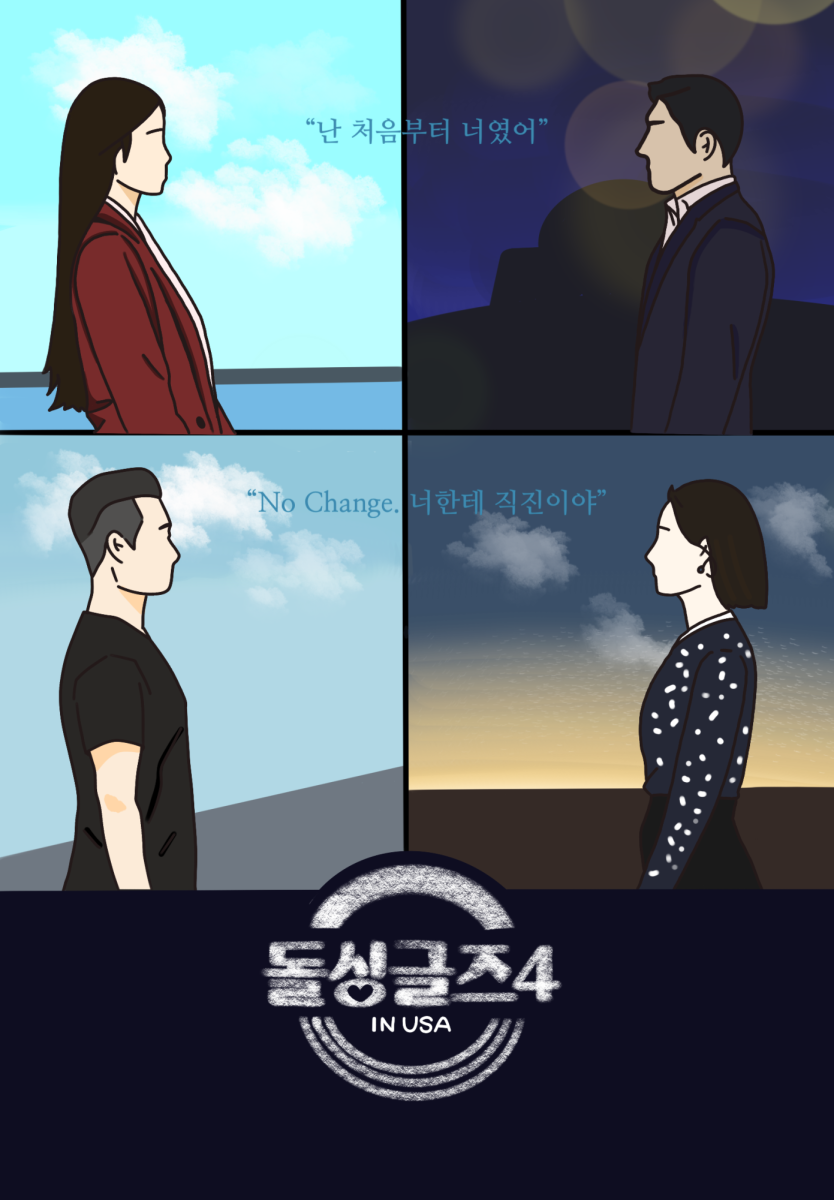
Disclaimer: This article contains heavy spoilers for the musical “Kinky Boots.”
“You know, this is a story about shoes. Just shoes!” Charlie reminds the audience as the musical “Kinky Boots” kicks off with a cheerful song, “The Most Beautiful Thing.” Spoiler alert: it is not just about shoes. However, the show started with an extremely lighthearted and joyful mood, which made it nearly impossible for me to expect the deep messages that were to come.
“Kinky Boots” first premiered in 2005 in the United Kingdom and 2014 in South Korea. To celebrate the 10th anniversary of its South Korean debut, the actors went on a national tour to perform in various major cities such as Gwangju, Seongnam, Gimhae, and more. The crew performed in Daegu from Jan. 11 to Jan. 26, 2025.
The musical deals with the concept of toxic masculinity, even though the premiere dates back to 2005, which was before the concept gained traction among the general public. Nonetheless, it perfectly encapsulated the idea. Moreover, it encouraged acceptance of everyone — including unique individuals who deviate from social norms — as who they are.
The plot begins when Charlie takes over a shoe factory that his deceased father used to own but struggles with managing the business. Soon after, he meets Lola – a drag queen who inspires him to make boots for “people like her.”
Lola, in the process, reveals her obsolete, masculine identity of “Simond” and discloses her past. His dad wanted him to pursue the career of a professional boxer, which metaphorically represents one aspect of toxic masculinity: physical power and violence.
Simond wore a dress to a boxing match, which shocked his father and drove the protagonist away from his parents, both physically and emotionally. This reference accentuates how those who attempt to stand up against societal pressure often face ostracism and harassment.
Many LGBTQIA+ individuals feel the need to leave their families to uphold their dignity. For example, the Trevor Project found that around 28% of LGBTQ+ youths have experienced housing instability and/or homelessness at least one point in their lives.
Free from his parents’ control, Simond pursues his own happiness in London and becomes a drag queen. From this point on, he starts to use feminine pronouns to better express himself, and dons a new name – “Lola.”
Even familial rejection did not make Lola surrender her feminine traits. This implies that others, even family, cannot forcibly alter one’s identity. Although not limited to them, this idea resonates deeply with LGBTQIA+ individuals, whose identity is often invalidated through means such as conversion therapy.
Lola’s newfound drag-queen life highlights self-expression as Lola seeks acceptance of her real self rather than that of the ideal “Simond” others expect. She chooses to do so even though she must abandon her beloved family.
Don, on the other hand, serves as Lola’s antithesis. A man who devotes his life to the factory, he admires strength and toughness, whereas Lola values gentleness and commitment, as shown in the lyrics of the song “What a Woman Wants.” Lola tells Don, “What a woman wants / A muffin to clutch / Just a tender touch / You don’t get out too much to know the smoothness of her skin with a gentle caress.”
Despite their differences in opinion, Lola advises Don to accept everyone for who they are after she intentionally allows him to beat her in a boxing match. This scene consolidates her character as it corroborates her previous claim about the gentleness that men should have. She demonstrated it herself by considerately encouraging him to respect everyone while leaving his ego intact.
Don first expresses his distaste for the idea, saying, “You want me to respect men who wear dresses?” However, later he realizes that everyone, not just Lola, needs acceptance. He heeds the same advice to Charlie, the owner of the factory.
Don’s advice to Charlie serves as a straightforward message that acceptance is not only for minorities but everyone. Charlie and Don’s identities further highlight this message. As straight, cisgender white men, they comprise a part of the most privileged and therefore ignorant group in the United Kingdom, the musical’s home ground.
The story also bluntly criticizes those who condemn ideas about acceptance and belonging with the justification that it causes “harm” to the majority groups. It suggests that in reality, accepting others harms no one and benefits everyone.

Don took me aback with his rapid character development when he appeared at the fashion show in feminine, red knee-length boots. This action exhibited how he abandoned the toxic masculinity that he once clung to.
This scene moved me to tears, especially because throughout the plot, Don’s hostile attitude toward Lola fueled my hatred. It gave me the hope that although some people seem intransigent when it comes to such issues, they can still change for the better.
I rate this musical a 5 out of 5. Although “Kinky Boots” was the first musical I watched, I could already tell it would top my list of musicals well into the future. My recommendation goes to everyone, but the musical does contain profane language and revealing costumes, which might make it inappropriate for younger audiences despite its age rating of 7+.
The messages weaved in throughout the show moved me to tears. In hindsight, I found it heartbreaking that they resonate so well even 20 years after its initial premiere. As Lola advises, we must actively try to “accept others as who they are,” as Lola advises.


















































